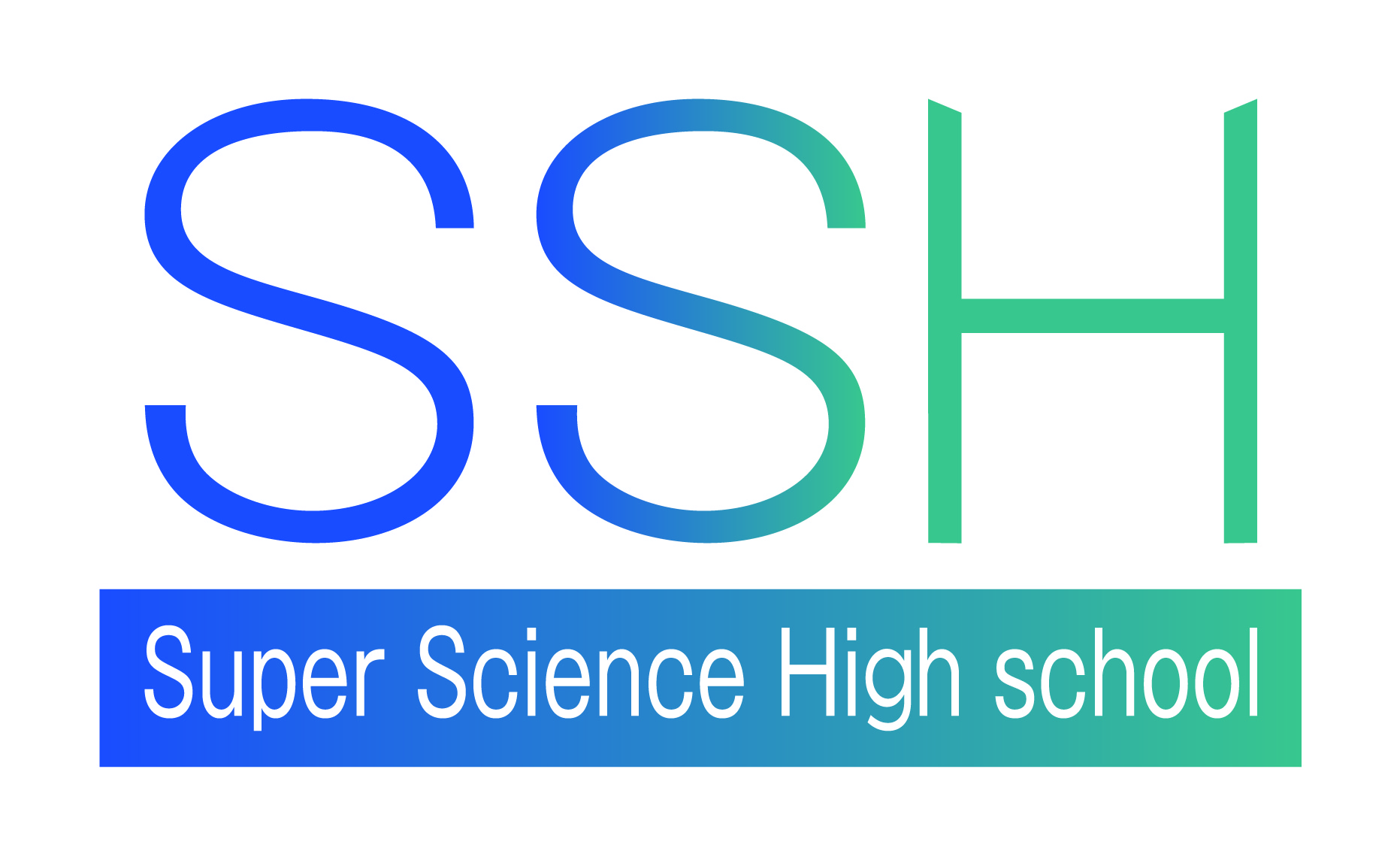(概要) 「問答法+討議倫理」による対話型授業の考え方と事例としての「科学者と軍事研究について考える」 ―「問答法+討議倫理」によって公共性を考える対話型学習の考察ー
ソクラテスの問答法とハーバーマスの討議倫理を接合することで,対話型学習の新たな可能性を追求した。問答法は問う者が主導権を握るため,専門家と非専門家の間における対話において,非専門家にも対話への積極的参加をもたらす。その一方で,専門家は非専門家から問われることで気づいていなかった視点・論点を見出す。真理発見の共同作業としての働きが問答法にはある。討議倫理は,コミュニケーションの中で,いかに合理性を実現するか,そのための手続き論に徹する。徹することで倫理についての生産的な討議と討議自身の倫理の両方が目指されている。討議倫理は,討議による倫理であると同時に討議における倫理であると考える。公共性の核心は,公論であり,重要なのは,「私の意見」がいかにして「我々の意見」そして公論(public opinion)になるのかである。「科学者と軍事研究」は科学者個人の問題であると同時に,国民の公共的問題でもある。「問答法+討議倫理」をこの公共的問題に適用した。
(abstract) Ideas of Dialogic Learning by “Dialectic + Diskursethik” and its Application to “Scientists and Military Research”: Reflections of Public Issue by “Dialectic + Diskursethik”
A combination of Socrates’ dialectic and Habermas’ Diskursethik (ethics of discourse) can lead to a new form of dialogic learning. In the dialectic, the questioner takes the initiative, and in a dialogue between experts and amateurs, the amateurs can take opportunities to participate positively, while the experts can discover new points of view. The dialectic operates as a collaboration for the discovery of truth. Habermas’ Diskursethik limits its work to the procedure for the realization of rationality in communication, aiming at both productive discourse and an ethics of discourse. In my opinion, Diskursethik is an ethics produced by discourse and in discourse. At the heart of publicness is public opinion, and the way in which “my opinion” grows to “our opinion,” and how “our opinion” grows into public opinion is an important topic. The issue of “scientists and military research” is a personal matter for individual scientists but also a public issue for the Japanese people. I apply the “dialectic + Diskursethik” approach to this public issue.


 Home
Home
